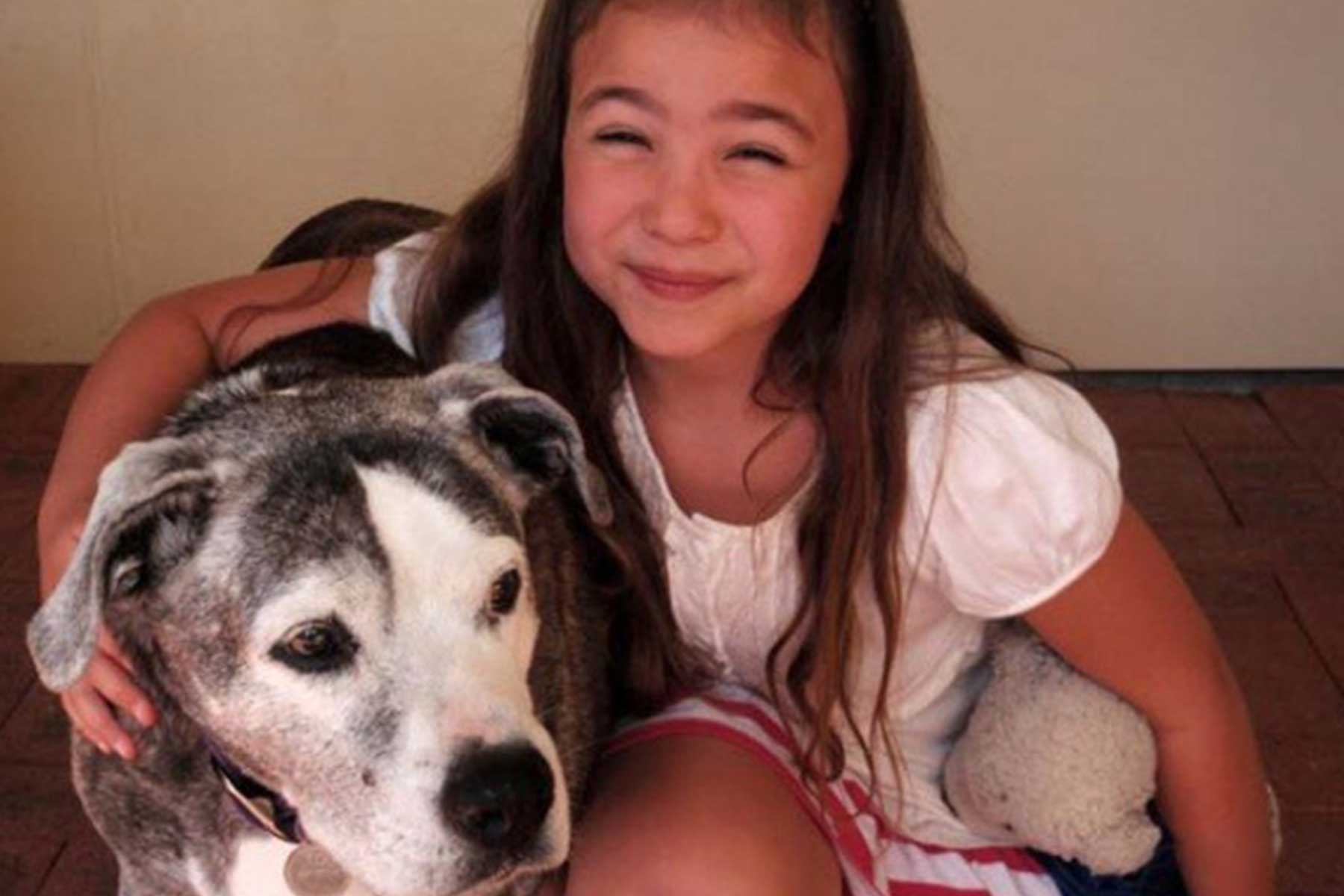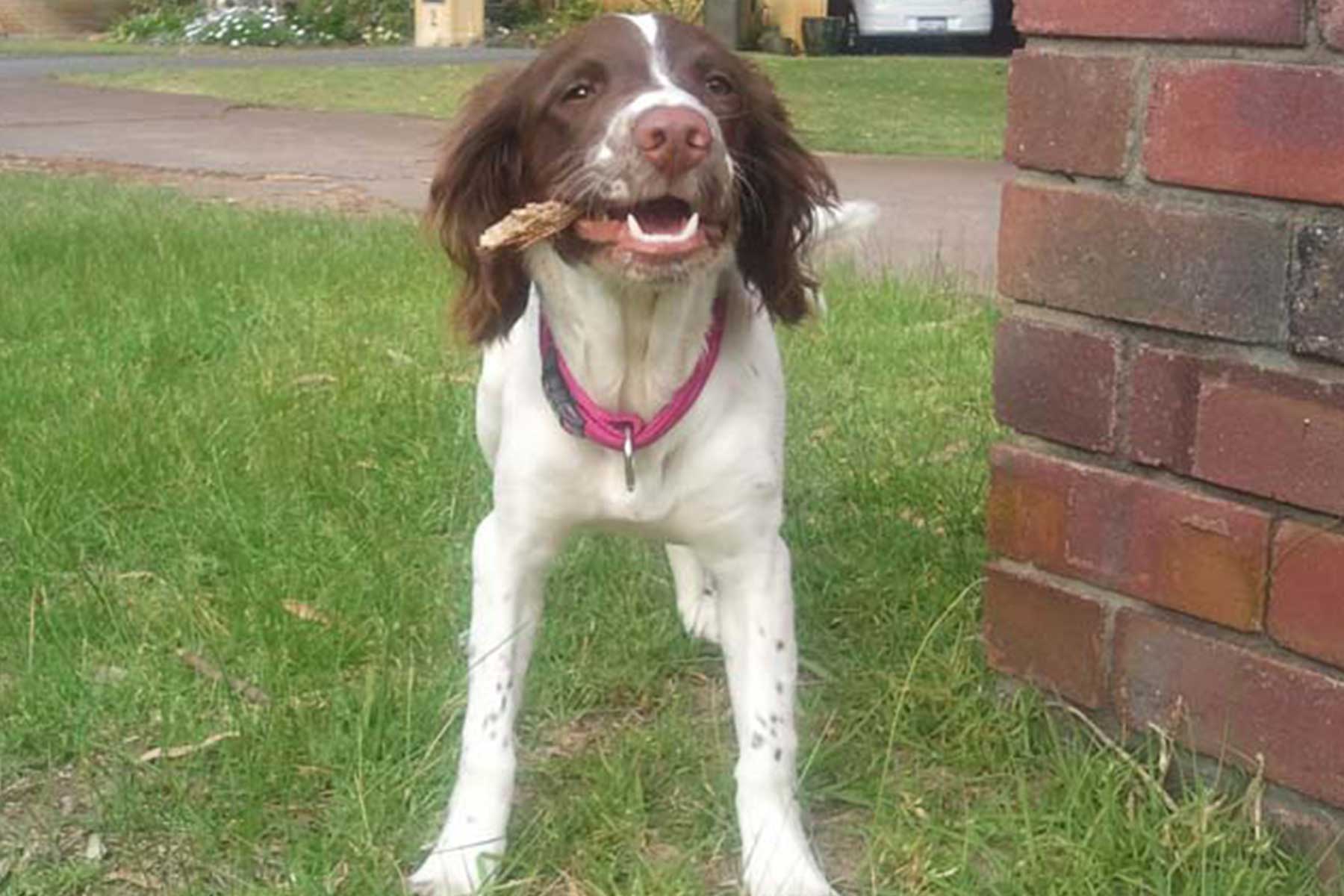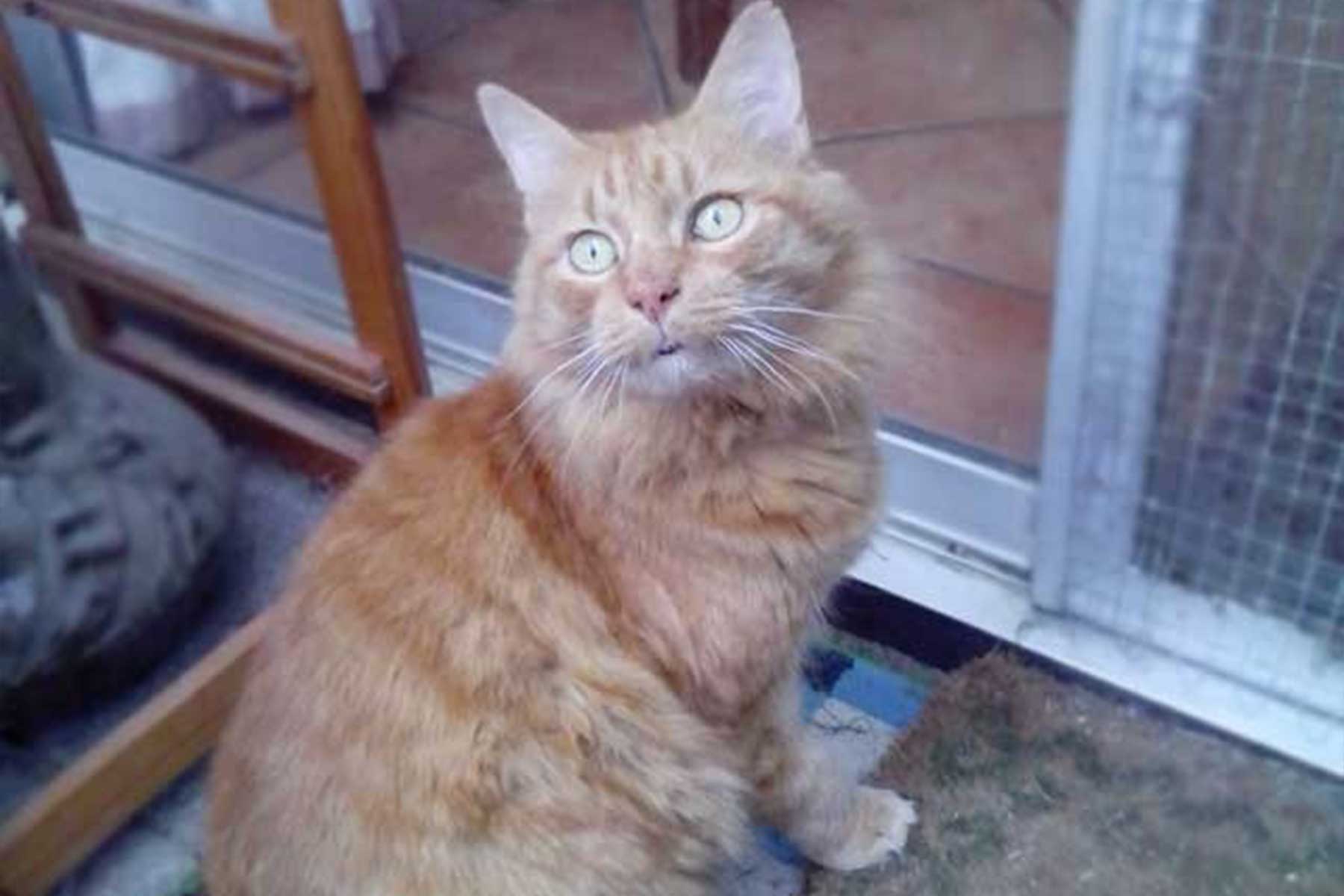Little Scampie had quiet an ordeal last week, spending three days in hospital, first at Vetwest Clarkson, followed by two nights at Perth Vet Emergency Centre, and then at Vetwest Yokine.
Scampie is a 7 year old Yorkshire Terrier. His owners noticed that over the last couple of weeks, Scampie had been drinking lots of water and urinating in the house, which were very unusual for him. We have been seeing Scampie for an ongoing skin issue, and he was receiving medication for that. But this was something completely different! Poor Scampie was clearly not feeling well – he was dehydrated, was growling and had a sore abdomen.
We performed a blood test and took x-rays of Scampie abdomen. He was diagnosed with diabetic ketoacidosis (DKA), which was complicated by the ongoing use of medication for his skin condition. DKA is a potentially life-threatening complication in patients with diabetes and for Scampie this was the first symptom of his previously undiagnosed diabetes. His blood sugar level was alarmingly high, measuring 25.9 – much higher than the normal range of 4 – 7.9. Scampie had to spend the night at Perth Vet Emergency, where the team placed him on intravenous fluids to correct dehydration and attempted to lower his blood glucose level by administering insulin. Luckily, Scampie responded well and within less than 12 hours following his initial visit to Vetwest, his sugar level was down to 4.2.
Scampie spent the following day at Vetwest Yokine in hospital, continuing to receive fluid therapy and regular blood glucose monitoring. Unfortunately, he was not responding to insulin as well as he did the previous night, possibly due to an underlying infection. His blood sugar levels remained high throughout the day. Scampie needed to be stabilised again over night, as ketoacidosis can be fatal.
Scampie eventually responded to treatment and once again his blood sugar levels returned to normal. To ensure he remains stable, Scampie requires regular monitoring of his blood sugar levels, daily insulin injections and a controlled diet. Lucky for Scampie, his owners are committed to doing everything they can to manage his diabetes to ensure he doesn’t have another episode of ketoacidosis.











